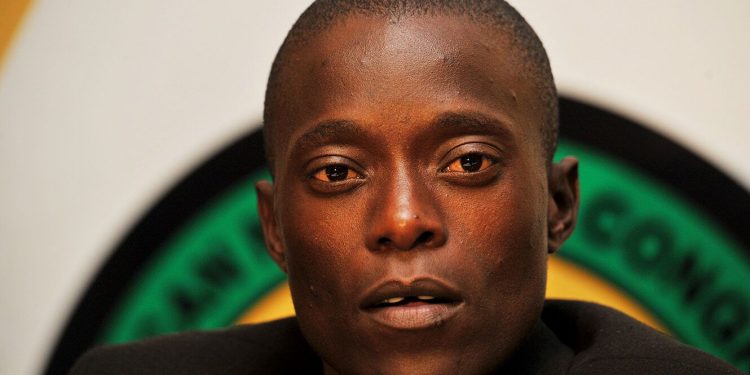A convicted hitman involved in the assassination of former African National Congress Youth League (ANCYL) secretary-general Sindiso Magaqa has made explosive claims, alleging that police officers played a direct role in facilitating the murder. The allegations, made in a letter to an undisclosed Member of Parliament (MP), have reignited fears about corruption within South Africa’s law enforcement agencies and their role in political killings.
The hitman, whose identity is being protected for safety reasons, claims that certain police officers not only had prior knowledge of the assassination plot but actively assisted by providing critical information and logistical support. The letter, addressed to the MP, calls for urgent intervention to expose these rogue officers and ensure accountability.
The Murder of Sindiso Magaqa
Sindiso Magaqa was ambushed and shot in July 2017 in Umzimkhulu, KwaZulu-Natal, shortly after attending a council meeting. He later died from his injuries. His assassination is widely believed to be linked to his outspoken stance against corruption in the local municipality. While several arrests and convictions have taken place, speculation about a broader conspiracy and deeper involvement by powerful networks has lingered for years.
The unnamed MP is reportedly considering taking the matter to the parliamentary portfolio committee on police. “If these allegations are true, it points to a deeply entrenched culture of corruption within the police force that undermines justice and accountability,” the MP said.
Calls for Independent Investigation
Civil society groups have echoed these concerns, demanding an independent inquiry. Mary de Haas of the KwaZulu-Natal Violence Monitor stressed the urgency of transparency in addressing political violence. “Political killings have plagued this province for years, and if law enforcement is complicit, it makes achieving justice almost impossible,” said De Haas.
The South African Police Service (SAPS) has yet to respond to the allegations, but pressure is mounting for the Independent Police Investigative Directorate (IPID) to step in. Calls for a thorough investigation are growing louder, with activists and political analysts warning that failure to act could further erode public trust in law enforcement.
As South Africa continues to grapple with rising political violence, the hitman’s claims may open the door to uncovering a deeper web of collusion between criminals and corrupt elements within the police. For many, this revelation underscores the urgent need for accountability and systemic reform in the country’s law enforcement agencies.






















